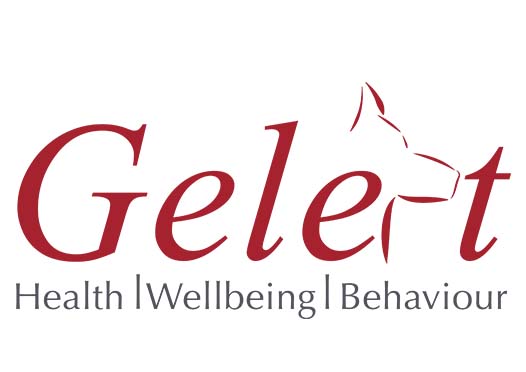It’s taken me a long time with moving to get back into my usual habit of being a bookworm. I’ve been reading some massively interesting books recently. I thought this month, I’d share a few mini book reviews. If you’re on our mailing list, then they are almost certainly going to be of interest to you if you would like to understand more about your pets.
Your End of the Lead, Janet Finlay, 2019
If you’ve already worked with me and have a “reactive” dog, you will no doubt be familiar with this wonderful book already. I’m totally biased, as Janet is both a friend and a colleague, but that doesn’t alter the fact that in my opinion, this book should be compulsory reading for ALL dog owners !
Janet’s unusual approach is that we, the human end of the lead, to change what WE are doing both for our own safety and sanity and to help our dogs. Yes, our dogs (and I mean this literally, as two of mine fall into the category of reactive) are doing things that are embarrassing, inconvenient, even dangerous sometimes. They’re doing these things because they are struggling, and we need to understand this and learn how best to support them.
The book is full of very, very practical advice and takes a playful approach to problem solving. Janet’ ideas are massively thoroughly researched yet explained in plain language. It’s both an interesting read speaking very generally, and a tutorial on the very best way to support your dog.
Behave, Robert Sapolsky, 2017 This has been in my “to read” pile for ages, it’s pretty hefty ! Don’t be put off by the fact it’s about human behaviour ! We’re all humans, and it helps to understand our OWN behaviour when we’re trying to help our pets. (I’ve just realised there is a link between these two book, therefore . . . . totally unplanned !).
Robert explains some very complex biology in a very approachable (and often, very entertaining!) manner and if you’ve ever struggled to get your head around cortisol and adrenaline and serotonin and all similar things that we talk about in relation to troubled pets, this book will get it crystal clear for you.
Remember me? Eileen Anderson, 2015
This was a necessary read as my own Harry ages. Knowing the theory and living with a very old dog who is visibly failing are two very different things. I am massively passionate about advocating for animals at the end of their lives. He will have THE best weeks or months or years now, come what may.
If you have a dog, I recommend you read this long before you might need to, so you can read it more objectively and be aware of possible challenges ahead for you and your dog. Forewarned is forearmed, and planning and preparation are everything.
Seeing Harry decline is on one level, heart-breaking and on another level, a real privilege. This book has given me reminders of so many important points that I might easily have overlooked.
For Love of Harry, Stefanja Gardener, 2020
This tiny book was gifted to me by an amazingly intuitive client. It’s about her Harry, not mine ! It gives beautiful teaching about supporting a secondhand dog. On one level, it’s a lovely short story and on another, it’s an excellent example to anyone considering opening their heart to a troubled dog.
Other Minds, Peter Godfrey-Smith, 2016
This is another book that’s been waiting for ages. Once I started it, I could hardly put it down. It’s a truly fascinating read (particularly as I have a real connection with octopuses (which is the plural used in the book, if any linguists are twitching at that !).
If you were ever in any doubt about the “thought processes” of other beings, this is the book for you. It really challenges lots of ideas about animals (many of which, as someone presumably sharing your life with at least one animal, you will already be aware of instinctively, even if you’re not able to explain objectively) and raises a lot of questions to consider. We should all be doing our best to look at the world through our pets’ eyes and minds in order to best meet their individual needs (rather than as so often happens, trying to shoehorn them into the shape we’d prefer them to be !) and this amazing book gives an interesting perspective on this idea.

